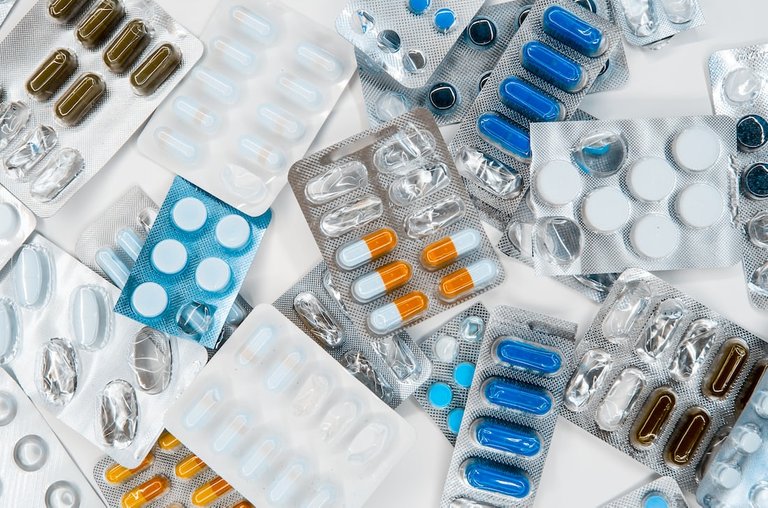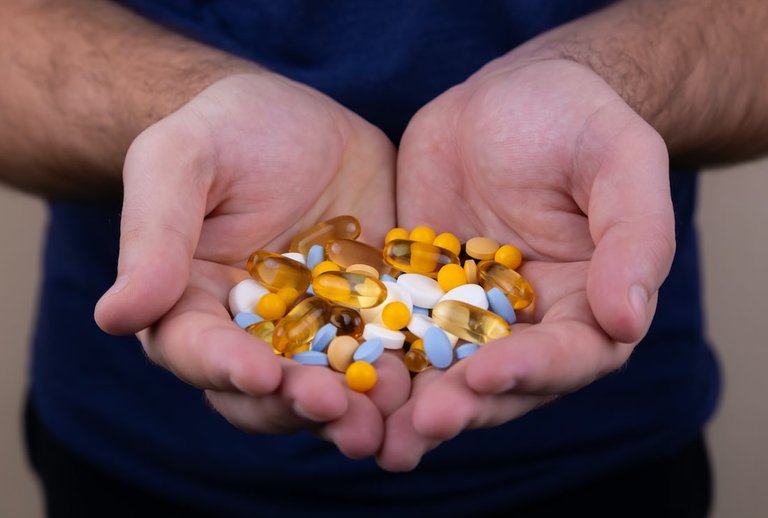Antibiotics are a great way to help fight off disease. They're natural compounds found in many foods that can prevent or kill bacteria. These helpful bacteria play a key role in keeping our bodies healthy by maintaining a balance between good and bad bacteria. When antibiotics are used for medical purposes, they act just like the good bacteria we naturally have in our livers, spleens, and gut.
They combat disease-causing bacteria and promote the growth of healthy bacterial colonies. Unfortunately, overuse of antibiotics has created unexpected side effects in patients who take them for medical reasons or to treat injuries or infections. Side effects can range from mild (nausea) to life-threatening (tuberculosis).
As a result, many doctors no longer recommend antibiotics for these purposes. Whether you need to fight off a cold or other infection, your doctor may now require proof beyond a reasonable doubt that taking antibiotics will treat what's already been conquered before allowing you back into the hospital's cough room.
What Is Antibiotics?

Antibiotics are natural chemicals found in many foods that can prevent and kill bacteria. Bacteria are a large family of tiny organic lifeforms that includes almost all moistenin-documented infectious diseases. Antibiotics are a group of chemical compounds that can kill these harmful bacteria. Antibiotics can be found in many household products, including: Antibiotics are not superfoods; they are foods that have properties that can help fight off infection. They are not a replacement for good hygiene, vaccination, or avoiding bad foods.
Antibiotics work by binding to and blocking specific bacterial proteins called peptidoglycans that are found in all living cells. The binding results in the death or immobilization of bacteria, which can then be digested or eliminated in the body through the bowels or lungs. Many antibiotics also have anti-inflammatory properties, which may explain their effectiveness in treating autoimmune disorders like rheumatoid arthritis and inflammatory bowel disease.
Side Effects of Antibiotics
Like any medication, antibiotics do have a downside.
Side effects include:
Nausea
Diarrhea
Abdominal cramps
Headache feeling sick
Stiff neck
Weight loss
Chills
Muscle spasms
Malaise
And dizziness.

Some of these side effects are mild (nausea), moderate (diarrhea), or severe (headache). They tend to occur more frequently with higher doses of certain antibiotics and can be reduced by following the manufacturer's directions. When taking antibiotics for a long period of time, it is possible to develop an antibiotic resistance. In this case, your infection will have become harder to treat. Side effects of antibiotic resistance develop slowly over time and can include: Isolation, poor social interaction, and an inability to fight off infection.
Despite the benefits, overuse of antibiotics has created unexpected side effects in patients who take them for medical reasons or to treat injuries or infections. Side effects can range from mild (nausea) to life-threatening (tuberculosis).
As a result, many doctors no longer recommend antibiotics for these purposes. Whether you need to fight off a cold or other infection, your doctor may now require proof beyond a reasonable doubt that taking antibiotics will treat what's already been conquered before allowing you back into the hospital's cough room.
How to Reduce the Side Effects of Antibiotics
When antibiotics are prescribed for minor illnesses or infections, it is usually as a last resort. When prescribed for a serious infection, you may be able to reduce the dosage or discontinue it. If you are taking antibiotics for a chronic illness, it may be possible to choose a less-severe version. If you are prescribed an antibiotic, it is important to understand its specific side effects and how to deal with them.
As an example, a common antibiotic for infections caused by Escherichia coli (e.g., urinary tract infections) is erythromycin. People who take erythromycin for long periods of time may develop an antibiotic resistance.
Antibiotics are a type of medication that can help fight off diseases. They are natural chemicals found in many foods that can prevent or kill bacteria. When antibiotics are used for medical purposes, they act just like the good bacteria we naturally have in our livers, spleens, and intestines. Unfortunately, overuse of antibiotics has created unexpected side effects in patients who take them for medical reasons or to treat injuries or infections.
Side effects can range from mild (nausea) to life-threatening (tuberculosis). As a result, many doctors no longer recommend antibiotics for these purposes. Whether you need to fight off a cold or other infection, your doctor may now require proof beyond a reasonable doubt that taking antibiotics will treat what's already been conquered before allowing you back into the hospital's cough room.
(1). https://www.nhs.uk/conditions/antibiotics/
(2). https://www.medicalnewstoday.com/articles/10278#types
(3). https://www.britannica.com/science/antibiotic
(4). https://www.webmd.com/a-to-z-guides/what-are-antibiotics
Great blog brother,If you think you may have an infection that requires antibiotics, it is important to see a healthcare provider for a proper diagnosis and treatment.
Undoubtedly, medicine could not have evolved without some elements or discoveries, and antibiotics are a fundamental part of these advances.
But antibiotics should be used sparingly and indicated by professionals.
They have their side effects, of course, but without them almost any person would die from a simple infection, just as happened before the year 192, the date on which penicillin was discovered -by accident-.
Thanks for your contribution to the STEMsocial community. Feel free to join us on discord to get to know the rest of us!
Please consider delegating to the @stemsocial account (85% of the curation rewards are returned).
Thanks for including @stemsocial as a beneficiary, which gives you stronger support.